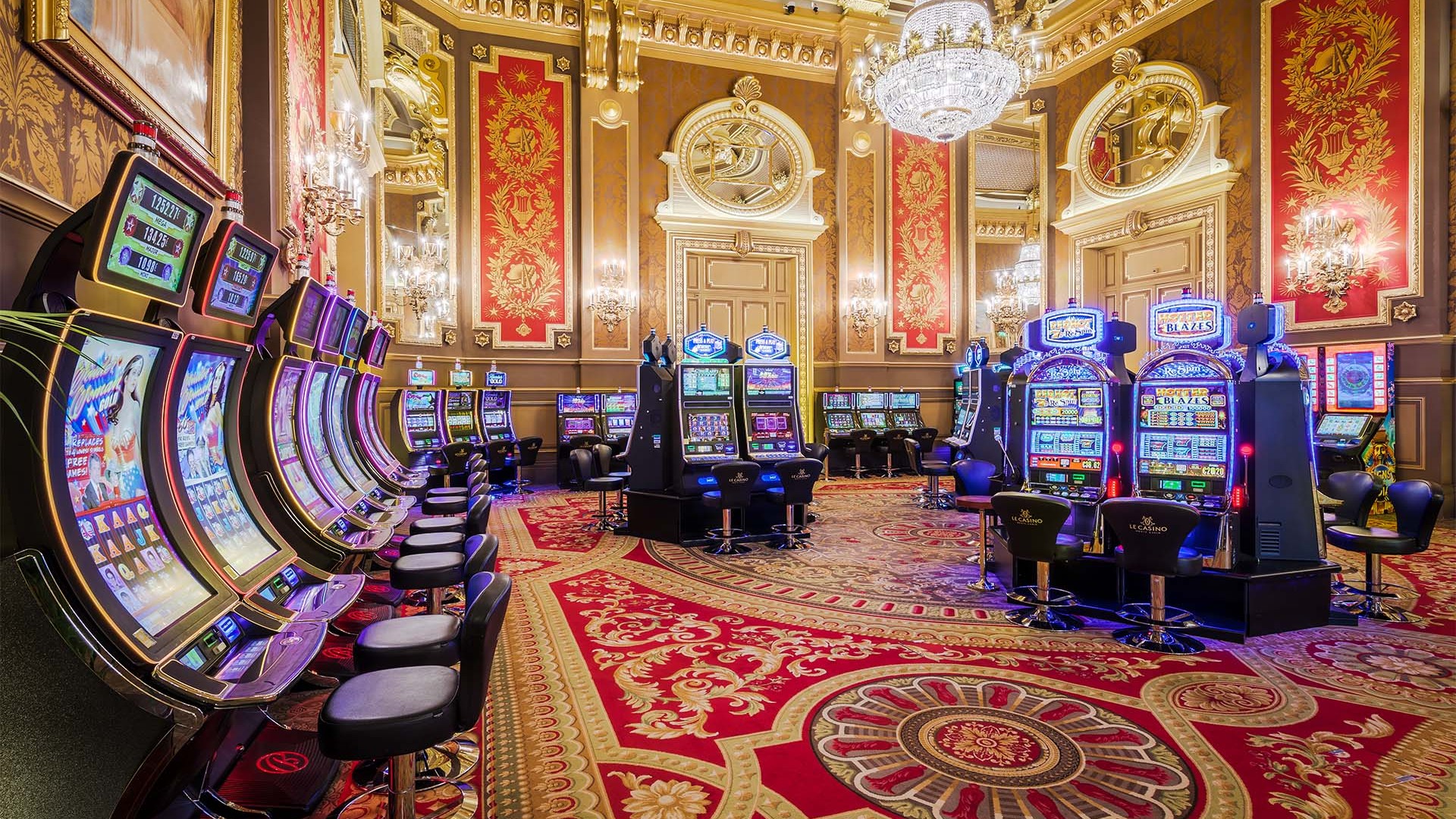
Casino games have long been an integral part of human culture, offering not just entertainment but a captivating reflection of our aspirations, dreams, and concerns. From the turning reels of a slot machine to the tactical play of poker, these games embody a spectrum of human emotions and events. At their core, casino games are not just a chance to win money; they are a reflection of life itself, where danger and gain converge and fate can change in an instant.
As players gather around tables or sit in front of brightly lit machines, they take part in a tradition that transcends mere gambling. These games reflect our instinctive desires for connection, excitement, and the search for fortune. They also disclose deeper truths about human nature, such as our relationship with fate and the adrenaline of risk. In exploring casino games, we uncover not only the rules of play but also the rich tapestry of the human story, showcasing our intertwining narratives of hope and reality.
The Psychology of Gambling
Gambling is deeply rooted in human psychology, tapping into various emotions and desires. The excitement of risk-taking is a core aspect that attracts participants, whether it’s thrill of spinning a roulette or the excitement of drawing a winning card in a poker game. This rush of adrenaline is frequently likened to other forms of thrill, as the unpredictability of outcomes elicits a unique psychological response. Gamblers often become captivated by the possibility of winning big, leading to an irresistible draw toward gambling games.
Another, an essential component of the psychology behind gambling is the concept of optimism and aspiration. Participants often indulge in dreams of financial freedom and the opulent lifestyle that can follow winning. This hope fuels their continued participation in gambling, as it provides a sense of meaning and the belief that a life-changing win could be just one wager away. The story of beating the odds and achieving success resonates with many, reinforcing their commitment to play and engage with these games.
Finally, social aspects play a significant role in gambling psychology. Gambling venues are designed to foster social interaction, where players gather to share the journey of wins and losses. This shared aspect not only amplifies enjoyment but also influences behavior, as individuals often mimic the actions of others in their vicinity. The collective approval found in shared excitement can enhance the emotional experience, making casino games a mirror of not just personal desires but also collective engagement within the gaming community.
### Risk and Reward: A Double-Edged Sword
Gambling games embody the delicate balance between risk and reward that resonates profoundly with human psychology. Đại lý BET88 The thrill of placing a bet is often accompanied by a rush of adrenaline, as players are confronted with the prospect of a huge payout, yet conscious of the possibility to lose. BET 88 This twofold experience reflects a core aspect of life: the choices we make often come with inherent risks, and the pursuit of reward can drive us to make risky moves we might not normally consider. In this way, gambling activities mirror real-world choices, enticing gamblers to risk not just their funds, but also their aspirations.
The allure of grand jackpots and payouts fuels a feeling of positivity, motivating gamblers to envision a brighter future that could emerge from a lucky spin of the wheel or dealing of a hand. This optimism can motivate individuals to engage in greater risks, urging them to push their boundaries in search of economic benefit. However, just as in life, the consequences of these decisions can lead to both victory and despair. The stories of both jackpot winners and those who have lost everything at the casino demonstrate the unpredictable nature of luck and its significant effect on our lives.
Ultimately, the experience of engaging with casino games serves as a strong reminder of the human condition. Every game played is loaded with the tension of uncertainty, as gamblers weigh the gains against the dangers. This balance not only highlights the thrill that comes with betting but also exposes the weaknesses that come with the urge for more. As we navigate the complexities of decision-making and consequence in both the casino and in life, we find that the search for benefit shapes our character and journeys in significant manners.
Culture and Solitude in Gambling Culture
Gambling culture is a distinct blend of communal engagement and personal endeavor, reflecting the tensions of human experience. Players often come together around games, sharing in the thrill of the action, rejoicing in wins, and sympathizing over losses. This social aspect is crucial, as it establishes a sense of community and camaraderie among varied groups of individuals. Regular attendees to gaming establishments may build friendships and establish routines, turning the casino into a second home where they feel connected to a larger community of gamblers.
However, the allure of casino games can also result to loneliness. As players become engrossed in the thrill of playing, they may isolate from personal connections or neglect to interact with the environment outside the casino. For some, the pursuit of a windfall can overshadow real connections, leading to isolation. The experience of being surrounded people yet experiencing solitary is not uncommon, as the attention shifts from shared enjoyment to the private stakes of each player’s path.
This interaction of community and solitude creates a vivid tapestry that defines casino atmosphere. It highlights the complexity of social interactions, where joy and sorrow coexist. Casinos serve as both a refuge for social engagement and a stage for individual challenges, demonstrating how intimately entwined our desire for companionship and the personal quest for fortune can be. In navigating this landscape, gamblers confront their own narratives—seeking both the thrill of the game and the fellowship of other players, ultimately reflecting the broader spectrum of human experience.
